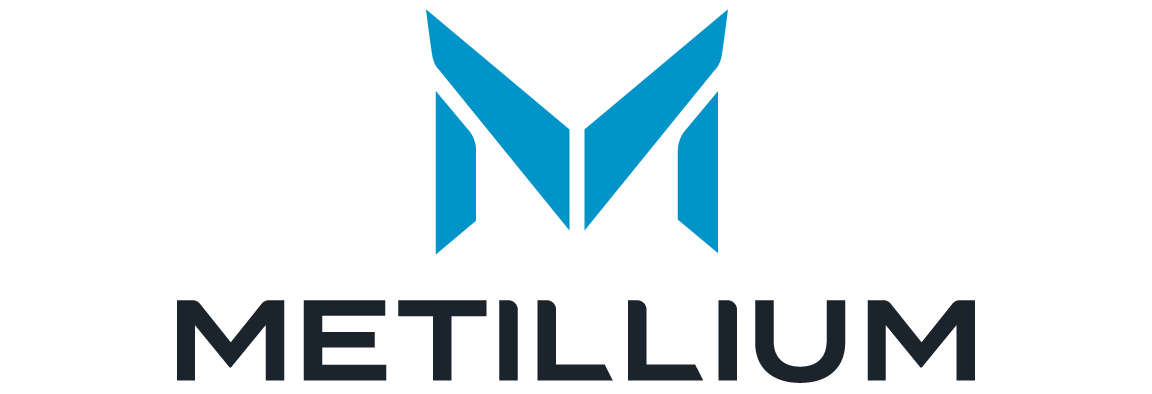Here’s a follow-up post detailing my findings after researching if I could have a Child Care FSA and doing a more detailed business and personal budget. Reflecting on 4 months in Business Part 1
Child Care Flexible Spending Account (FSA)
I am not eligible for a Child Care FSA aka Dependent Care FSA because my wife is an awesome stay at home mom. This FSA requires that both parents work or attend school. For more info, see Dependent Care FSA Guidelines.
With the IRS allowing an additional exemption of $4,000 in 2016 per child and up to $1,000 with the child tax credit, that’s not too bad. The FSA would’ve been icing on the cake.
Personal & Business Budgeting
Business, finance, and accounting are other subjects I’m passionate about besides software. Taxes to a lesser extent. While getting my MBA, I considered becoming a Certified Public Accountant (CPA) or Certified Financial Planner (CFP).
Creating budgets and sticking with them is fun. With Paychex Flex, it’s really easy to put in different salaries, withholdings and deductions to run different paycheck projections. In the past, my paycheck projections were run using the Paycheck City Salary Calculator, which tends to be accurate within a few dollars.
After projecting my personal and business revenue and expenses, here are my findings:
Relatively Low Business Expenses
- Payroll is my largest expense because I have to pay myself a reasonable salary and I want to cover my personal expenses with my salary.
- Health insurance is the next largest expenditure at around $1,000 per month for a HDHP, HSA eligible Silver plan for my wife and I and a Child Health Plus plan for our child. For those not doing the math, that’s roughly $12,000 in premiums per year. That’s premiums only. There’s still a high deductible to pay before co-insurance kicks in. That definitely sucks.
- Liability insurance is the next one at around $1,000 for the year. Despite having S-Corp liability protection, having additional “liability” insurance give me peace of mind.
- At this time, my home office is good enough for me. I wasn’t entirely sure how much more utilities would increase from working from home. After a few months, there’s been no increase in electricity or gas.
- Thanks to Moore’s Law, my new laptop should easily last me a few years and was relatively cheap at $1,500.
Surplus of Funds With Conservative Income Estimate
With my conservative income estimate, there’s a surplus of funds that can be allocated towards different things such as
- 401K Profit Sharing. I love investing and seeing compound interest at work.
- Additional Training. For example, going to Dreamforce or other conferences.
- More ergonomic office furniture such as a standing desk and very nice chair.
- Reinvesting in the business for growth to hire employees and/or create product(s).
- Diversifying my income streams by investing in other investments classes such as real estate or peer-to-peer lending.
- Paying down existing debt faster while credit card churning for travel hacking purposes. This is something I’ve wanted to try for a while but we’ll see. I wouldn’t probably start this until there’s a significant account balance and revenue is smoother.
- Work less and spend more time with family, friends, and hobbies.
What have you done to keep your health insurance premiums low as a freelancer? With an expected surplus of funds aka “profit”, what did you do with the extra money?
